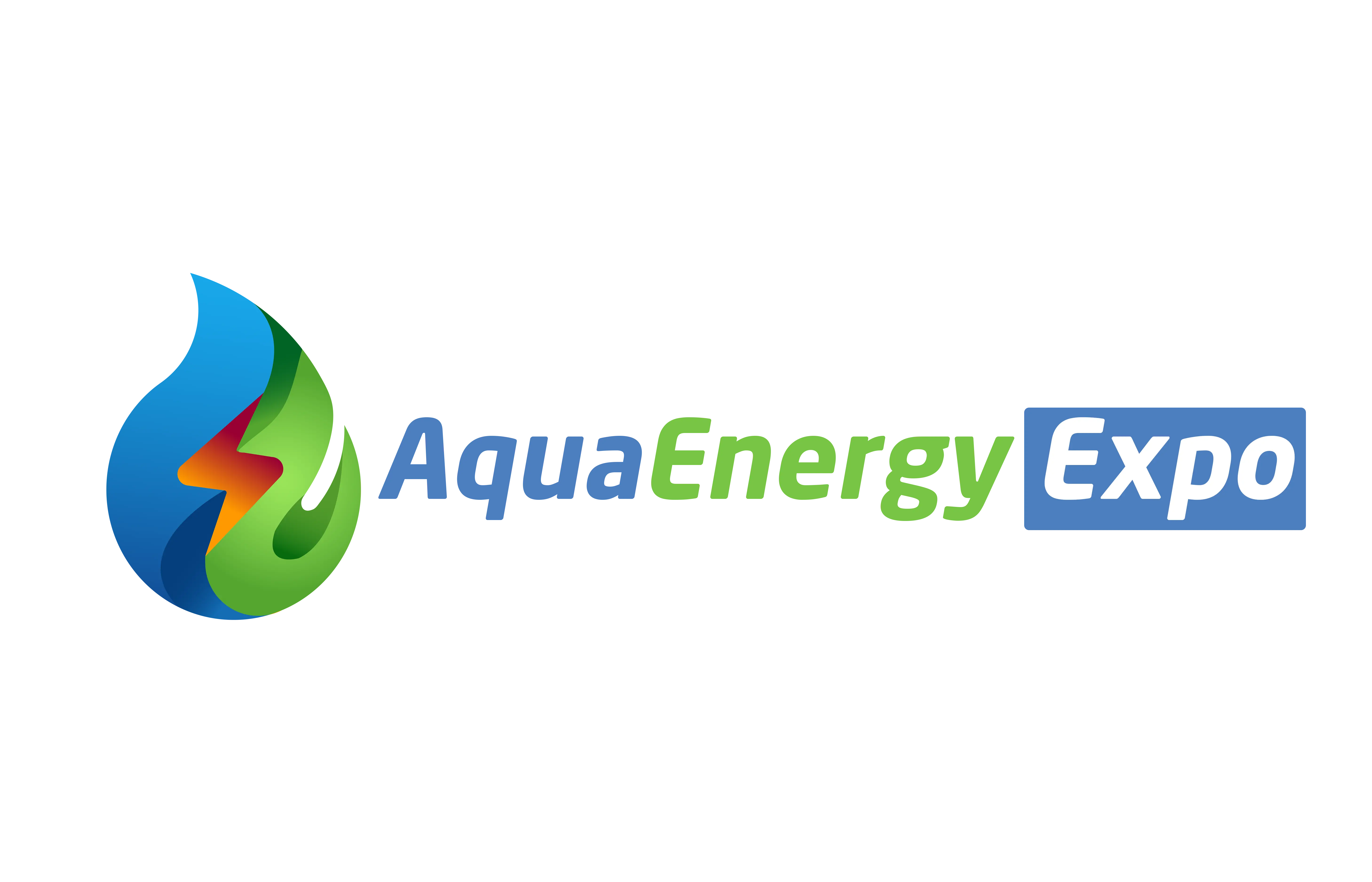-750x430.jpg.webp)
JERA and ExxonMobil have reached an agreement on the development of hydrogen and ammonia
Japan’s largest power producer, JERA, and energy giant ExxonMobil have agreed to collaborate on the development of a low-carbon hydrogen and ammonia production facility in the US.
The partnership aims to involve JERA as a co-owner of an Exxon-operated low-carbon hydrogen project in Texas, US.
This blue hydrogen is derived from fossil natural gas, with CO₂ emissions captured through on-site carbon capture technology.
The plant is anticipated to be the world’s largest blue hydrogen production site, with an annual capacity of about 900,000 tonnes of low-carbon hydrogen and over one million tonnes of low-carbon ammonia.
Furthermore, the agreement will investigate the possibility of JERA procuring around 500,000 tonnes of low-carbon ammonia annually from the plant to meet demand in Japan.
JERA announced its ambition in 2020 to achieve net-zero CO₂ emissions from its operations by 2050, both domestically and internationally. It is also focusing on developing zero-emission thermal power technology for implementation in Japan.
As per GlobalData, thermal power constituted 52% of Japan’s total installed power capacity in 2022 and is projected to continue playing a central role in the country’s power grid for at least the next ten years.
Steven Winn, JERA’s senior managing executive officer, commented on the partnership with Exxon: “Collaboration between industry leaders is crucial for building supply networks for ammonia, hydrogen, and other essential products for zero-emission thermal power.
We are confident that partnering with ExxonMobil, a company actively supporting investments in carbon capture and storage (CCS) and hydrogen, will aid in the shift towards a globally decarbonized society.”
Dan Ammann, the president of ExxonMobil Low Carbon Solutions, remarked: “Developing large-scale projects for emerging markets necessitates the alignment of supply, demand, and regulatory support… We commend JERA for their leadership in advancing the hydrogen economy and view this agreement as a significant driver.”
While blue hydrogen has become a focal point in the decarbonization strategies of many nations’ industries, recent academic research has revealed that the production and,
utilization of this alternative fuel could be as or more environmentally harmful than directly burning fossil fuels for energy, primarily due to methane leakage risks and the limited success of carbon capture and storage (CCS) technologies.
A study released last month indicated that blue hydrogen could lead to a 50% increase in near-term global warming compared to direct fossil fuel combustion, potentially causing even more severe climate impacts than initially anticipated.
Source: JERA

